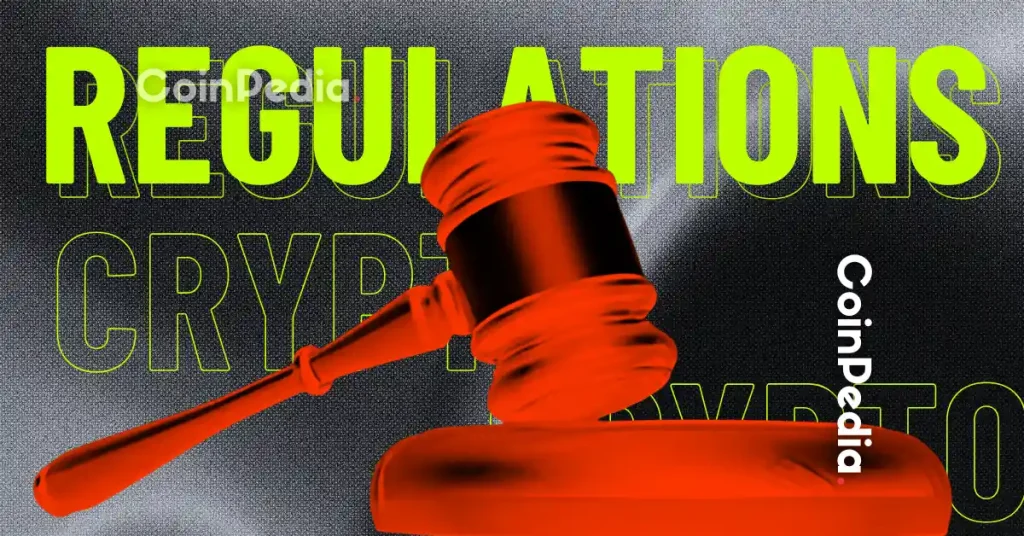
The post Ripple’s General Counsel Says the SEC’s Arguments Are Absurd: SEC Was Wrong IN1946, It Is Wrong Now appeared first on Coinpedia Fintech News
In the ongoing SEC vs. In The Ripple case, the SEC is making an argument that has already been ruled against by the Supreme Court in 1946, according to Stuart Alderoty, Ripple’s general counsel. As highlighted in Moon Lambo’s video, the SEC argued unsuccessfully in the 1946 case that an investment in a common enterprise was not necessary if there was a community of interest.
Stuart argues that the SEC was wrong then and is still wrong now as common interest does not equal common enterprise. The argument has resurfaced in recent years, and while Stuart does not blame Kim Jong-gins for the initial filing, he holds him responsible for continuing it.
He discusses the SEC’s embodiment theory as it pertains to the SEC v. Ripple case. The argument being made by the SEC is that everything Ripple has touched, and every transaction resulting from it, will be attributed to Ripple in the future, making it the embodiment of Ripple’s efforts and promises.
He finds this argument absurd and argues that there is no common enterprise or central authority orchestrating all of this. Moon Lambo also points out that the SEC argued the same thing in 1946 and was unsuccessful. Stuart highlighted this point in a document, he said.
It seems that the SEC is making the same argument in 2023 that they made in 1946 in the Howey case, which the Supreme Court ruled against. The argument is that having a community of interest among investors does not make something an investment contract, even though the SEC wrote in 1946 that the requirements of a public offering section necessitate a sufficient community of interest to make the individual units offered substantially similar investments.

 2 years ago
126
2 years ago
126














 English (US) ·
English (US) ·